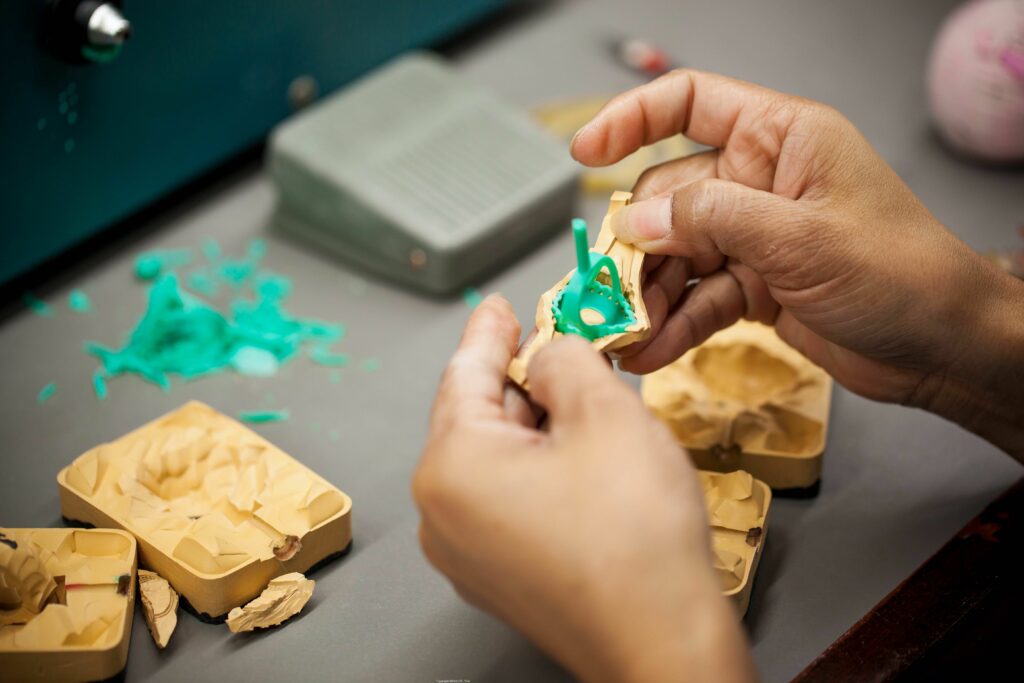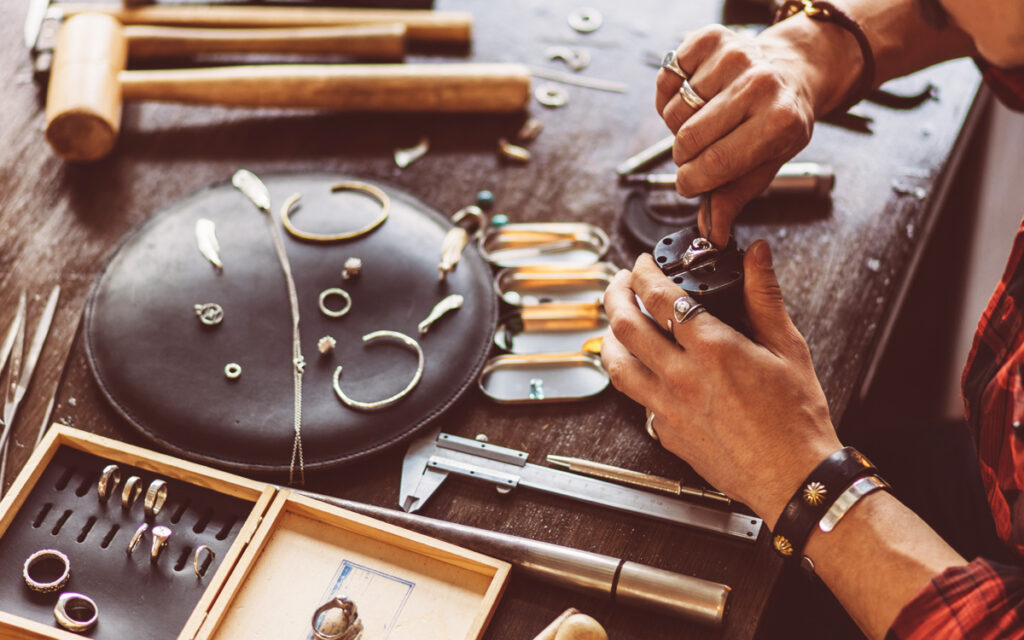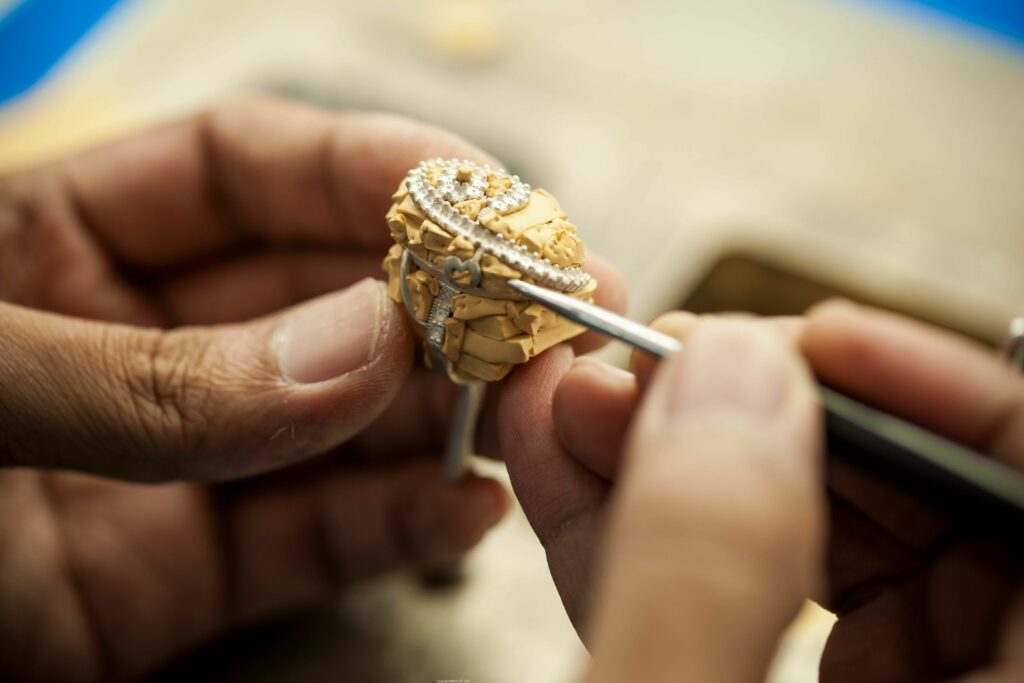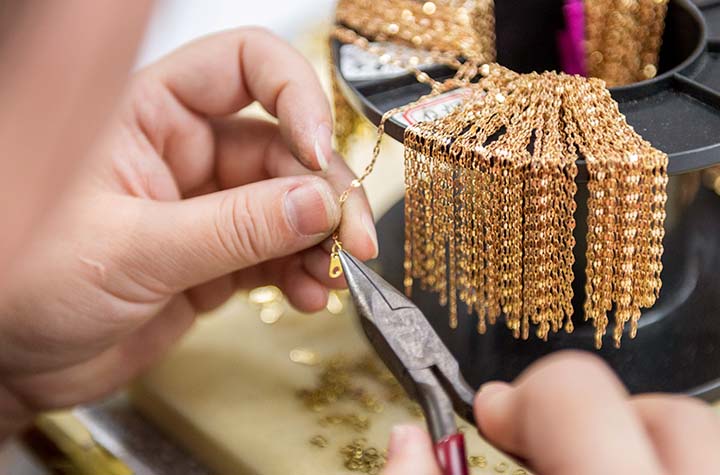The Art And Craft Of Jewellery Manufacturing In The UK: A Comprehensive Guide
The Art and Craft of Jewellery Manufacturing in the UK: A Comprehensive Guide
Related Articles: The Art and Craft of Jewellery Manufacturing in the UK: A Comprehensive Guide
Introduction
With great pleasure, we will explore the intriguing topic related to The Art and Craft of Jewellery Manufacturing in the UK: A Comprehensive Guide. Let’s weave interesting information and offer fresh perspectives to the readers.
Table of Content
The Art and Craft of Jewellery Manufacturing in the UK: A Comprehensive Guide

The United Kingdom boasts a rich history of craftsmanship, and jewellery making stands as a proud testament to this legacy. From the intricate designs of Victorian-era pieces to the contemporary, cutting-edge creations of today, UK jewellery manufacturers continue to shape the global landscape of this timeless art form.
This article delves into the multifaceted world of jewellery manufacturing in the UK, exploring its key facets, the intricate processes involved, and the factors that contribute to its enduring success.
A Legacy of Skill and Innovation
The UK’s jewellery manufacturing industry has deep roots, dating back centuries. The country’s skilled workforce, combined with a commitment to quality and innovation, has nurtured a thriving ecosystem of artisans, designers, and manufacturers. This heritage has instilled a deep understanding of materials, techniques, and design principles, making UK-made jewellery renowned for its exceptional craftsmanship and aesthetic appeal.
The Spectrum of Jewellery Manufacturing
The UK’s jewellery manufacturing landscape is diverse, encompassing a wide range of businesses, each with its unique specialization and contribution to the industry.
-
Large-Scale Manufacturers: These companies often focus on mass production, supplying retailers with a vast selection of jewellery pieces. Their operations typically involve automated processes and economies of scale, enabling them to offer competitive pricing.
-
Independent Workshops and Studios: These smaller businesses often operate with a focus on bespoke designs and handcrafted pieces. Their dedication to artisanal techniques and meticulous attention to detail results in unique and often highly personalized jewellery.
-
Design Houses and Brands: Leading designers and brands play a crucial role in shaping trends and pushing the boundaries of jewellery design. They collaborate with manufacturers to bring their visions to life, often working with specialized artisans and techniques.
-
Supplier Networks: The industry relies on a robust network of suppliers, including metal refiners, stone cutters, and component manufacturers. These businesses provide the raw materials and essential components that enable jewellery manufacturers to create their pieces.
The Manufacturing Process: From Design to Delivery
The creation of jewellery involves a meticulous and often intricate process, encompassing multiple stages:
-
Design and Prototyping: The journey begins with a designer’s vision, translated into sketches, 3D models, or CAD designs. Prototypes are created to refine the design and assess its feasibility.
-
Material Selection and Sourcing: Careful consideration goes into choosing the right materials, whether precious metals like gold and silver, gemstones, or alternative materials like titanium or ceramics. Sourcing these materials from reputable suppliers is crucial for ensuring quality and ethical practices.
-
Casting and Forming: For metal jewellery, the design is typically cast using a wax model or a 3D printed mold. Metals are melted and poured into the mold, creating the basic shape of the piece. Forming techniques like hammering, rolling, or pressing are then used to shape the metal further.
-
Setting and Finishing: Gemstones are set into the metal using various techniques, depending on the stone’s size, shape, and the desired effect. Finishing processes include polishing, buffing, and engraving, adding the final touches to the piece.
-
Quality Control and Inspection: Throughout the manufacturing process, strict quality control measures are implemented to ensure that each piece meets industry standards and the manufacturer’s own high standards.
-
Packaging and Distribution: Once completed, jewellery pieces are packaged and distributed to retailers or directly to customers.
The Importance of Jewellery Manufacturing in the UK
The UK’s jewellery manufacturing industry plays a vital role in the country’s economy, contributing significantly to GDP and providing employment opportunities. Beyond its economic significance, the industry also contributes to:
-
Preserving Traditional Craftsmanship: By supporting traditional techniques and skills, jewellery manufacturing helps to preserve a valuable cultural heritage.
-
Innovation and Design: The industry is constantly evolving, with designers and manufacturers pushing the boundaries of materials, techniques, and aesthetics, leading to innovative and cutting-edge creations.
-
Ethical and Sustainable Practices: Many UK jewellery manufacturers are committed to ethical sourcing of materials and responsible manufacturing practices, ensuring that their products are made with minimal environmental impact.
Challenges and Opportunities for the Future
Like many industries, jewellery manufacturing in the UK faces challenges, including:
-
Competition from Overseas: The industry faces competition from manufacturers in countries with lower labor costs.
-
Rising Material Costs: Fluctuations in precious metal prices and the increasing cost of gemstones can impact profit margins.
-
Skilled Labor Shortages: Finding and retaining skilled craftspeople is a constant challenge.
However, the industry also has opportunities for growth:
-
E-commerce and Online Sales: The rise of online platforms offers new avenues for reaching customers and expanding markets.
-
Focus on Sustainability and Ethical Practices: Consumers are increasingly interested in jewellery made with ethical and sustainable practices, creating a demand for responsible manufacturing.
-
Innovation in Design and Materials: Continued innovation in design and the exploration of new materials will drive growth and attract new customers.
FAQs by Jewellery Manufacturers UK
Q: What are the most popular types of jewellery being manufactured in the UK?
A: The UK jewellery industry produces a wide range of pieces, but some of the most popular categories include:
-
Engagement Rings and Wedding Bands: These are often custom-made or feature unique designs, reflecting the individual preferences of the couple.
-
Fine Jewellery: This encompasses a wide range of pieces, from delicate necklaces and earrings to statement rings and bracelets, often crafted from precious metals and gemstones.
-
Fashion Jewellery: This category includes more affordable pieces, often made with silver, gold-plated metals, or other alternative materials.
-
Men’s Jewellery: The demand for men’s jewellery is growing, with popular items including rings, bracelets, and cufflinks.
Q: What materials are commonly used in UK jewellery manufacturing?
A: The most common materials used in UK jewellery manufacturing include:
-
Precious Metals: Gold, silver, platinum, and palladium are prized for their durability, beauty, and value.
-
Gemstones: Diamonds, sapphires, rubies, emeralds, and other precious gemstones are often used for their brilliance and beauty.
-
Alternative Materials: Titanium, ceramics, and resin are increasingly used for their unique properties and aesthetic appeal.
Q: What are some of the key considerations when choosing a UK jewellery manufacturer?
A: When selecting a jewellery manufacturer, it’s important to consider:
-
Quality: Ensure that the manufacturer has a reputation for high-quality craftsmanship and adheres to industry standards.
-
Design Expertise: Look for a manufacturer with a strong design team or the ability to work with your own designs.
-
Experience: Choose a manufacturer with a proven track record in the industry.
-
Ethical Practices: Inquire about the manufacturer’s sourcing policies and commitment to responsible manufacturing.
-
Communication and Collaboration: Ensure that the manufacturer is responsive and easy to work with.
Tips by Jewellery Manufacturers UK
-
Invest in Skill Development: Continuously invest in training and development for your workforce, ensuring that they have the skills needed to meet the evolving demands of the industry.
-
Embrace Technology: Utilize advanced technologies like 3D printing and CAD software to streamline design and production processes.
-
Promote Sustainability: Implement sustainable practices throughout your operations, from sourcing materials to reducing waste and minimizing environmental impact.
-
Build Strong Relationships: Cultivate relationships with suppliers, designers, and retailers to foster collaboration and mutual benefit.
-
Engage with Customers: Listen to customer feedback and adapt your offerings to meet their evolving needs and preferences.
Conclusion by Jewellery Manufacturers UK
The UK jewellery manufacturing industry is a vibrant and dynamic sector, steeped in tradition and fueled by innovation. By embracing new technologies, prioritizing sustainability, and nurturing skilled talent, UK manufacturers are well-positioned to continue shaping the global jewellery landscape. The enduring legacy of craftsmanship, combined with a commitment to quality and design, ensures that UK-made jewellery will continue to be treasured for generations to come.








Closure
Thus, we hope this article has provided valuable insights into The Art and Craft of Jewellery Manufacturing in the UK: A Comprehensive Guide. We hope you find this article informative and beneficial. See you in our next article!